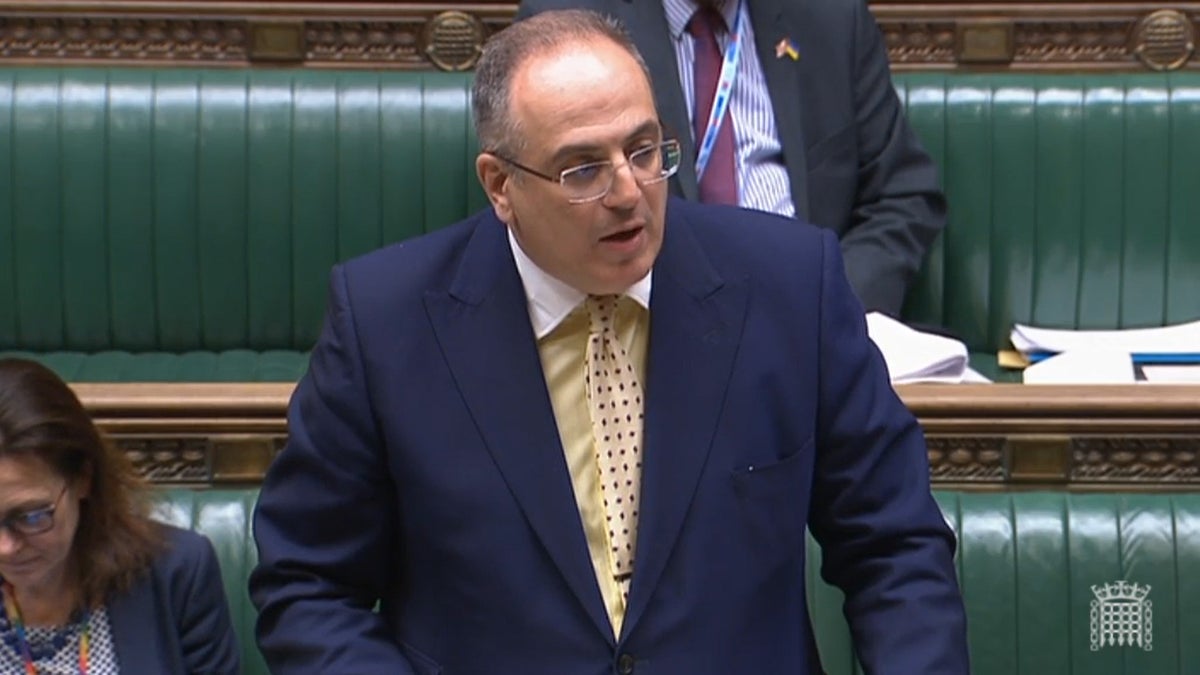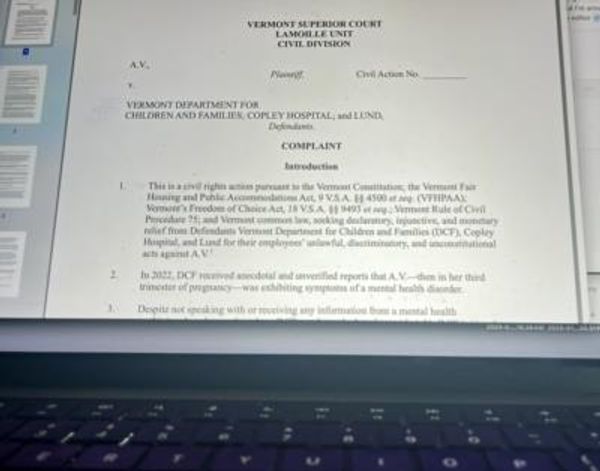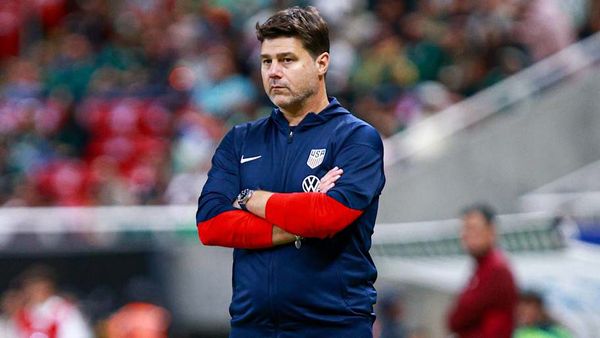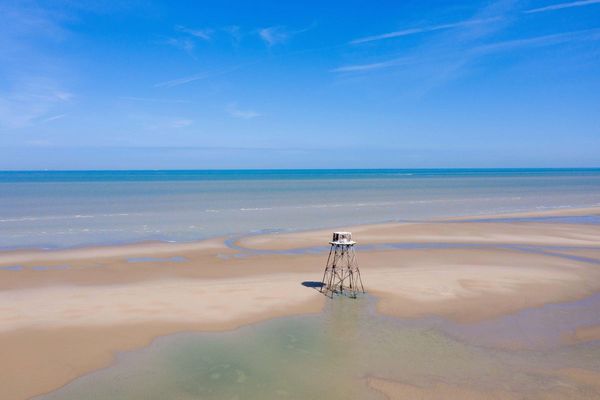
There is a “major hole at the centre of government” over the ability of the UK to withstand climate change, ministers have been warned.
On the day the Met Office issued its first ever red alert for extreme heat, a parliamentary committee published a letter condemning the government’s response to its demands for evidence on plans to keep critical infrastructure like transport and power networks running.
The Joint Committee on the National Security Strategy (JCNSS) said no ministers are currently responsible for the issue, and that the minister previously in charge had refused to give evidence.
Dame Margaret Beckett, chair of the committee, said it appeared that “there are no ministers with responsibility for the resilience of critical national infrastructure to the effects of climate change, nor for cross-government climate adaptation efforts”.
“This would be quite a shocking admission from the government,” she added. “It would suggest a major hole at the centre of government in preparation and planning on a crucial area of national security.”
As temperatures topped 38C in parts of England on Monday, widespread effects on the infrastructure being inspected by the committee were quickly seen.
Luton Airport’s runway was closed as the heat caused a “surface defect”, as did the runway at the RAF’s largest airbase at Brize Norton.
Although millions of people worked from home following advice to avoid travel if they could, Network Rail imposed speed restrictions in an effort to stop dangerous buckling tracks, which can cause derailments.
Many train operators were running a heavily reduced timetable on Monday, while on the roads council gritters were used to dust melting roads with sand.
Scientists have said that heatwaves like the one being experienced in Britain are made more likely, frequent and intense by climate change.
Extreme heat can kill thousands of people, with around 3,000 people dying in the UK in 2021 due to hot conditions, Dr Vikki Thompson told the PA news agency, and is expected to overtake extreme cold as the deadliest weather in the UK in the coming years.
Heatwaves make deaths in the sea and rivers, and wildfires, more likely and also mean more disruption to travel, health services and work and education.
As part of efforts to combat global warming, the government has committed to reduce the UK’s greenhouse gas emissions to “net zero” by 2050.
At a hustings organised by the Conservative Environment Network on Monday, all five of the remaining Conservative leadership contenders have committed to meeting the target.
But a legal challenge against the policy has succeeded in the High Court, with a judgment published hours earlier finding that the government must lay out specific details and set “carbon budgets” in order for the target to be met.
The JCNSS session was to examine separate plans for how critical national infrastructure, which includes power networks, railway lines and roads, are being prepared for the effects of climate change.
The committee said the Cabinet Office minister Michael Ellis was due to give evidence at a session on 4 July, but cancelled days before with a letter saying he was “not best placed to give evidence at the session”, which he regarded as a “technical and specialist matter”.
He remained in his post following the breakdown of Boris Johnson’s government but wrote to the committee claiming that other ministers would be more appropriate because he was a “convening minister only, rather than a minister with responsibility for the policies in question”.
In a letter to the head of the Cabinet Office, Dame Margaret called the letter “extraordinary”, pointing to written evidence from April where Mr Ellis called himself the minister “responsible for resilience and security” adding: “I am committed to tackling and improving the chronic risk posed by climate change.”
The committee chair warned that the incident “forms part of a pattern of disrespectful behaviour by government ministers towards select committees, including late cancellations and refusals to give evidence”.
It comes days after Priti Patel and Dominic Raab cancelled their appearances before other parliamentary committees because of the Conservative leadership election, despite remaining in their posts as home and justice secretary.
The Home Affairs Committee and Joint Committee on Human Rights both voiced concerns over government accountability and the scrutiny of new laws.







